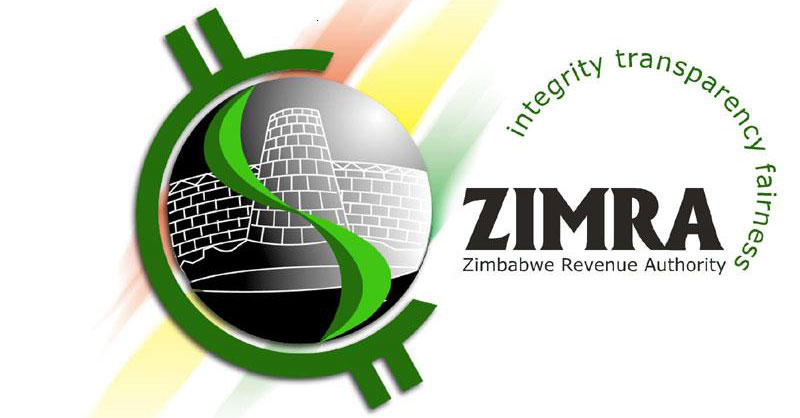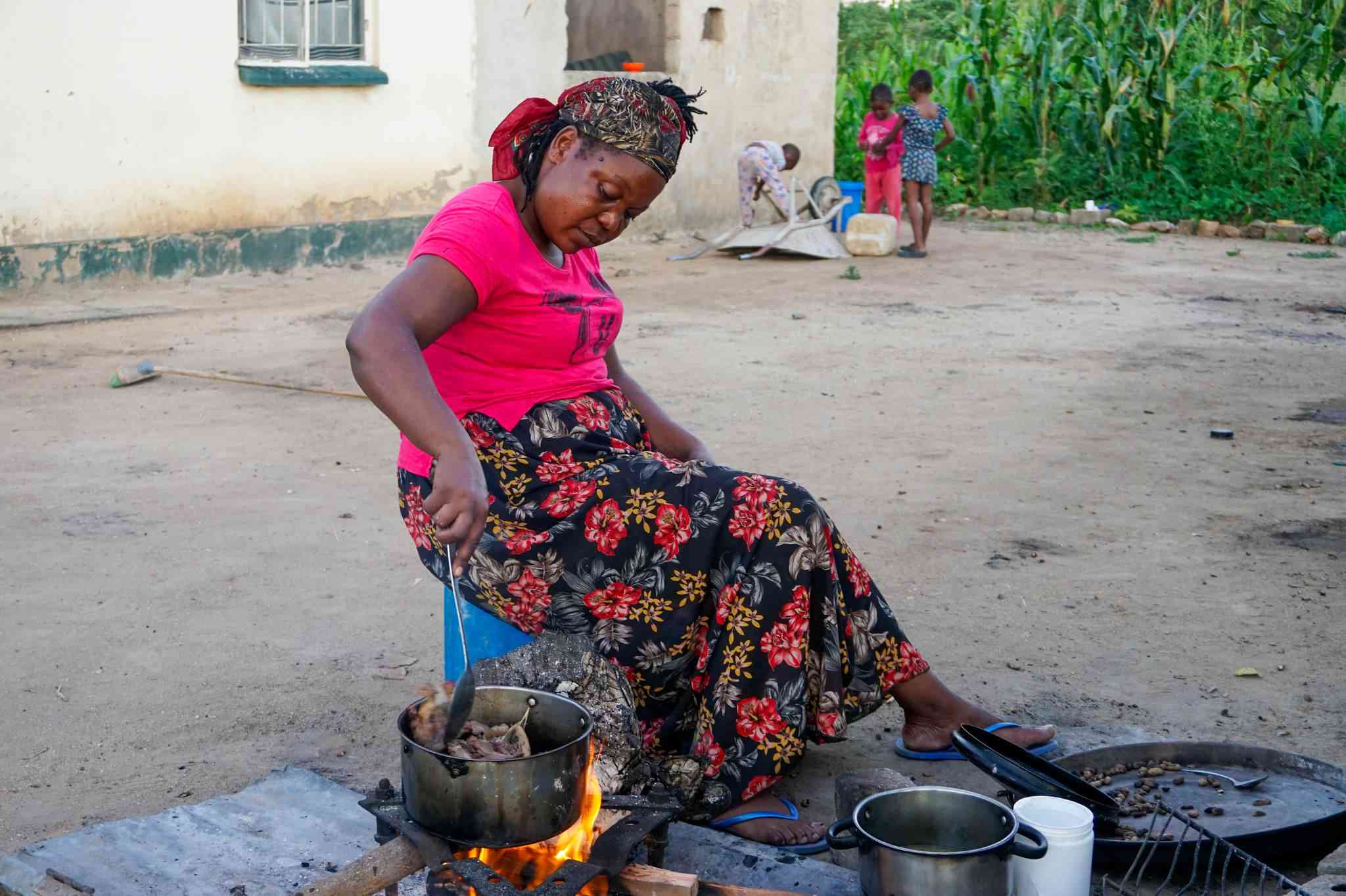
BY TAURAI MANGUDHLA THE latest Zimbabwe Revenue Authority (Zimra) report has shown that workers are among government’s major cash cows contributing more to the national purse than companies.
Latest Zimra figures show that individuals, through pay-as-you-earn (Paye), contributed 17,9% of the overall quarterly tax figure while corporates contributed 15,3%.
“Tax collected from individuals grew nominally by 97,48% in Q1 2022 as compared to the same period in 2021. This is largely a reflection of general wage increases made in different sectors in order to cushion employees against the rising cost of living,” Zimra said in its latest revenue performance report.
Experts said the statistics were clear testimony that workers were being overtaxed, which has left them struggling to make ends meet on the little that remained after tax in the wake of galloping prices of basic goods and services being driven by runaway inflation.
Labour unionist Peter Mutasa said workers in Zimbabwe were overtaxed compared to other countries in the region because of the heavy basket of taxes besides Paye.
“We have Paye, which is as high as 40%, we also pay the National Social Security Authority tax, on top of that the workers’ pay other indirect taxes like the 2% (intermediated money transfer tax) IMTT, we also pay taxes to local authorities and above that we pay VAT (value-added tax),” Mutasa told NewsDay yesterday.
“If you look at the amount that a person is left with after taxes, it is a small fraction of your gross salary and that is a reflection of the nature of austerity that we have,”
While other countries sought to lessen the tax burden on workers, in Zimbabwe authorities introduced new taxes such as the presumptive tax and IMTT to grow the revenue base.
- Chamisa under fire over US$120K donation
- Mavhunga puts DeMbare into Chibuku quarterfinals
- Pension funds bet on Cabora Bassa oilfields
- Councils defy govt fire tender directive
Keep Reading
This has piled more pressure on workers, the majority of whom are earning below a living wage.
The Zimbabwe National Statistics Agency latest data indicated that a family of six now requires $68 178 to survive for a month.
Zimbabweans have been hit by a wave of price hikes as the local currency continues to lose value, while inflation has raced to 96,4% this week, sparking fears of a return to the 2008 hyper-inflationary era.
Workers in the public and private sectors are demanding United States dollar salaries, with teachers saying they are incapacitated to return to work next week when schools open.
“Labour should be demanding that we have a review of tax systems,” Mutasa added.
Former Finance minister Tendai Biti yesterday said the Zimra figures confirmed that Zimbabwe was in “deep depression”.
“If you look at the International Monetary Fund Article IV report, it actually confirms that this economy has been in deep depression, so when you are in deep depression, there is hardly any economic activity so what it means is that you have squeezed the individual,” Biti said, adding that this showed that the economy is weak, unbalanced and is in disequilibrium.
“They (government) are squeezing the ordinary person. They are trying to get water from a rock because in a normal economy you can’t compare corporate tax to individual tax, corporate tax is more,” Biti added.
Meanwhile, Zimra’s net revenue collections amounted to $174 billion in the first quarter of 2022, representing a 5,2% variance from the target of $165,4 billion.











